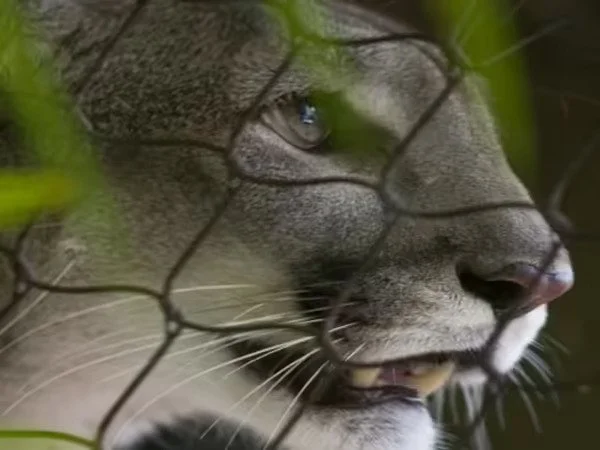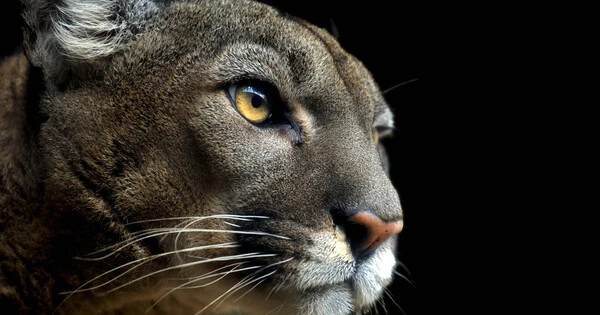The idea that “economics trump environment to save big cats” is a contentious and complex issue, with arguments for both sides. Some ecologists may argue that economic incentives, such as ecotourism or trophy hunting, can provide financial benefits to local communities and incentivize conservation efforts. They may also argue that protecting big cat habitats can have positive economic impacts, such as maintaining ecosystem services or promoting sustainable development.
Rapid economic growth has pushed rare species of big carnivores to the brink of extinction, but ecologists believe our desire to coexist with big cats is growing. Scientists at the University of Reading examined the global fortunes of 50 large carnivore species over the last fifty years. They discovered that social and economic factors, such as quality of life, were more closely associated with large carnivore species declines than purely environmental factors, such as habitat loss.
The groundbreaking study suggests that rather than focusing solely on issues like climate change, the best way to save carnivores like lynx, bears, and lions is to promote a sustainable model of social and economic development. As people get richer, their tolerance for big cats and other carnivores increases.
Our habitat and climate have become degraded and chaotic to make way for rapid economic development. We already know that this has contributed to biodiversity declines, but our research discovered that this economic development is causing far more extreme declines than anyone anticipated or imagined.
Dr. Thomas Frederick Johnson
Rapid declines
“Our habitat and climate have become degraded and chaotic to make way for rapid economic development,” said Dr. Thomas Frederick Johnson, who led the study while based at Reading. We already know that this has contributed to biodiversity declines, but our research discovered that this economic development is causing far more extreme declines than anyone anticipated or imagined.”
“In the midst of rapid development, people appear to become less tolerant of carnivores, conflicts explode, and we suspect that incidences of poaching and persecution rocket. The extinction of large carnivores is dramatic. Lions and tigers have already lost over 90% of their historic range. Many UK carnivore species, including lynx, wolf, and bear, have already been hunted to extinction.”

‘Turning point’
The study, published in Nature Communications in collaboration with the UK Centre for Ecology and Hydrology and the Argentine Instituto de Biologa Subtropical, involved the research team investigating how changes in the social and economic systems could promote carnivore recovery.
While rapid economic development has driven species to extinction, it has also resulted in enormous improvements in our quality of life. However, Dr. Johnson and his colleagues’ research suggests that once people achieve a high standard of living and economic development slows, a tipping point is reached and persecuted species have a chance to recover.
The researchers suggest the recovery is partly linked to improved habitat protection in advanced economies, but also a more harmonious relationship between people and carnivores. What would once have been considered a dangerous pest is now being recognized as an important component of our ecosystems and culture.
The resurgence of large carnivores can already be seen in western Europe, where an improved quality of life and slower economic development has allowed populations of grey wolves to rocket 1,800% since the 1960s.
“This gives us hope that we can restore our lost ecosystems, and we may one day see lost carnivores return to British shores,” Dr. Johnson said. But we must also consider how to save wildlife in rapidly growing countries where species extinction is a real possibility.”
“Our results suggest that a slower, more sustainable, economic model can protect carnivore populations, but this also risks locking people into poverty for longer. We urgently require solutions that can support both biodiversity and people, and perhaps the world’s advanced economies should provide more financial assistance to protect our global biodiversity.”
Overall, it is important to consider a range of factors, including economic, ecological, and ethical considerations, when making decisions about big cat conservation. The issue is complex and nuanced, and there is no one-size-fits-all solution.














